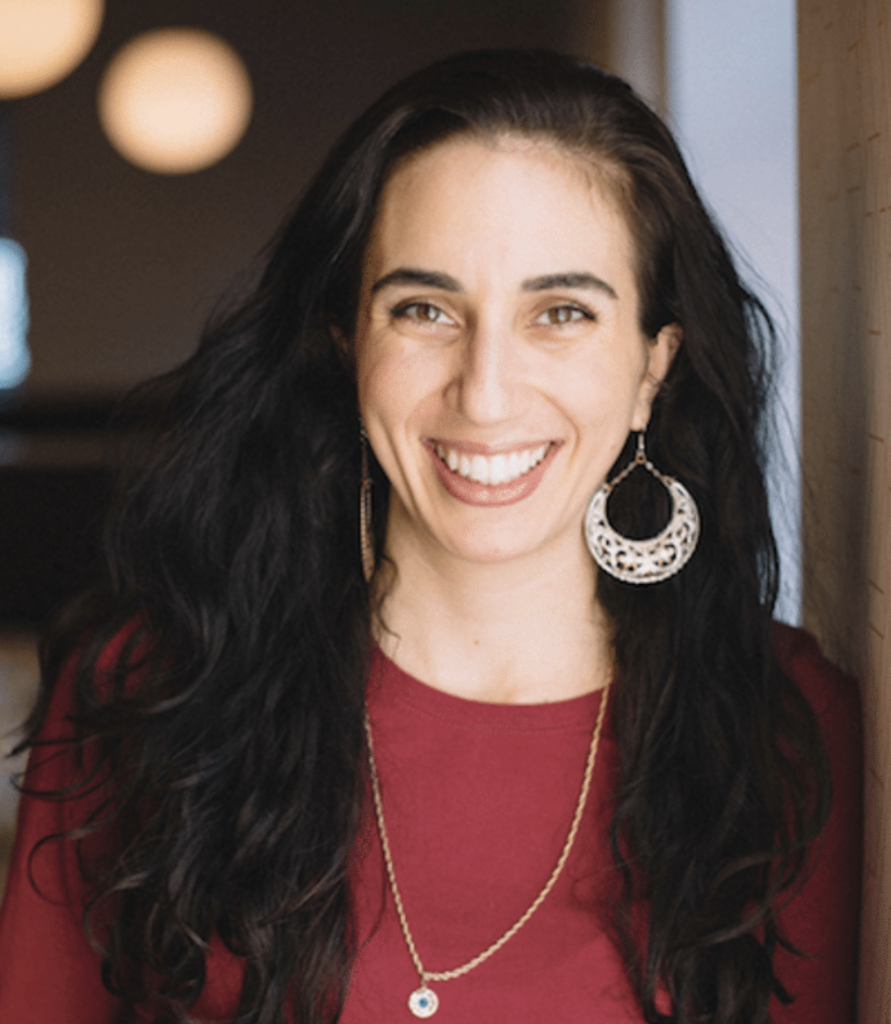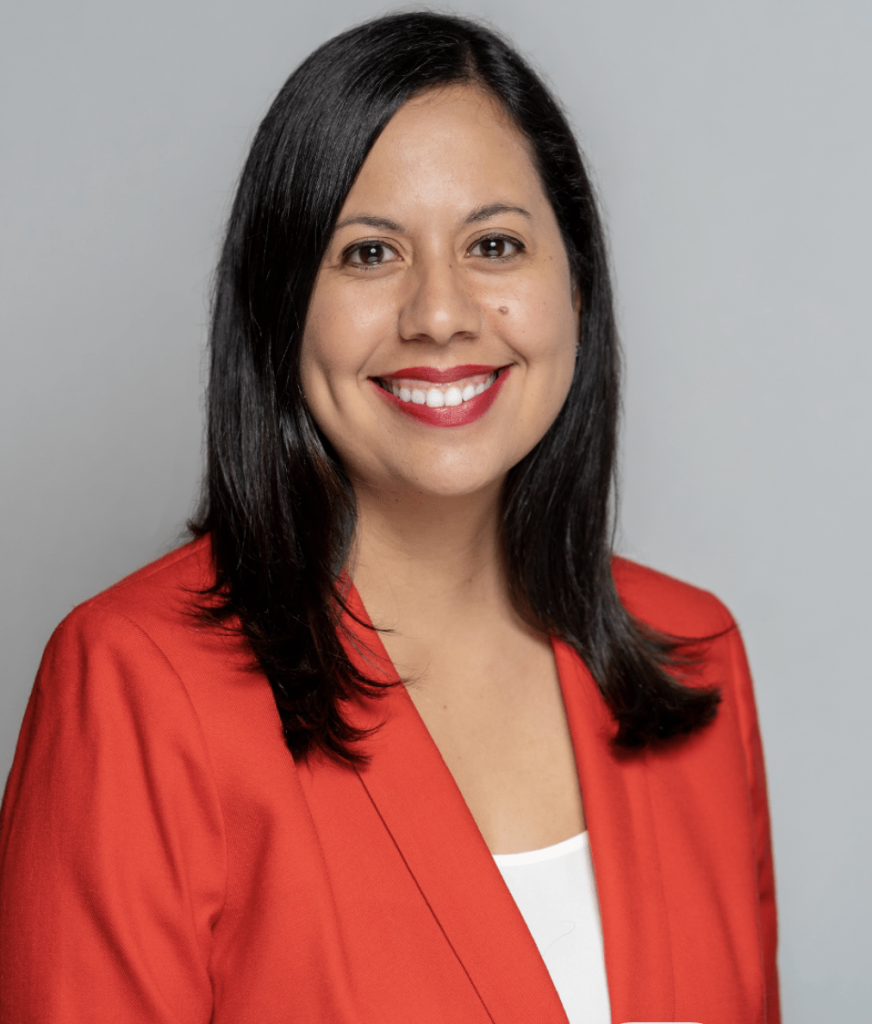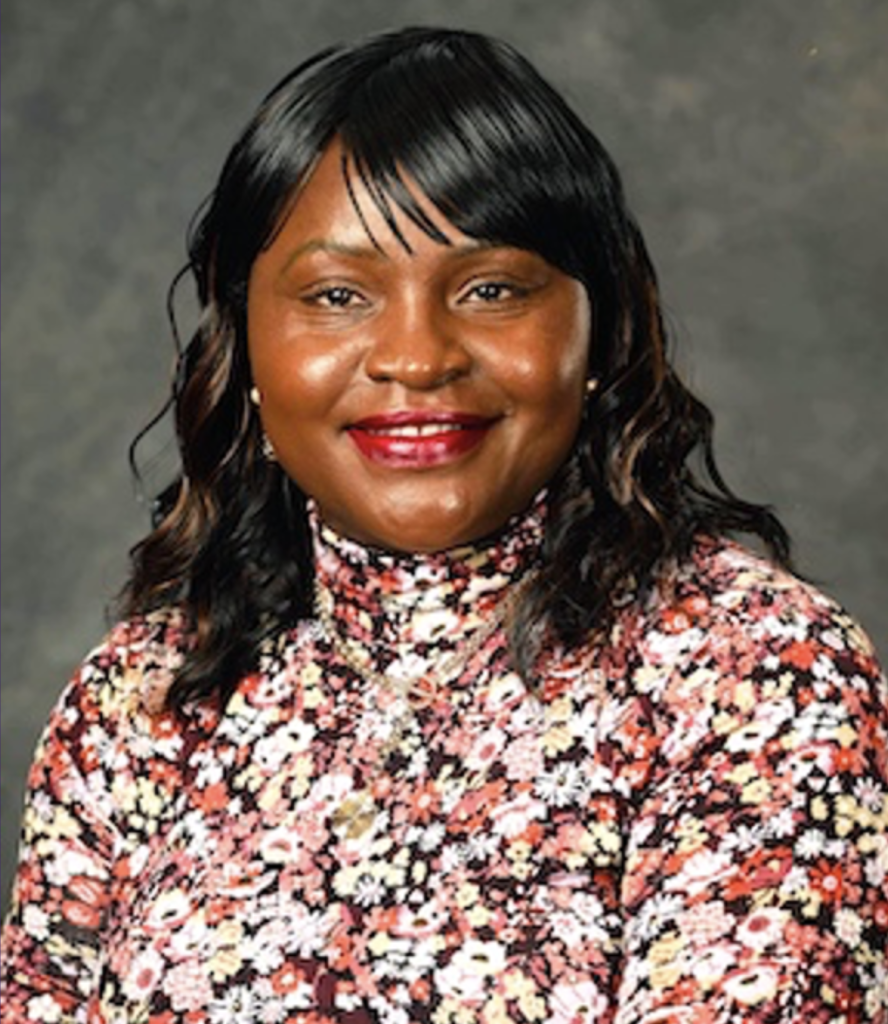EVENT
Community Healthcare Conversation Recap: Workforce Development – Immigrant Integration
Highlights and Replay of the Community Healthcare Conversation on Workforce Development – Immigrant Integration
New York has long been recognized as a safe harbor for people from around the world to access unique growth opportunities and build fulfilling lives. The state’s 4.3 million immigrants are a backbone of our economy and healthcare workforce, representing $130 billion in spending power and large segments of critical industries including 55% of registered nurses. As this population grows, we must work to ensure immigrants have access to the resources and job training opportunities to find employment.
To maintain New York’s status as a safe haven, it is essential that city and state policymakers and funders recognize workforce development as a social determinant of health. Many immigrant New Yorkers face employment barriers such as language and citizenship status that can make it more difficult to secure good-paying jobs. But with a stable job and meaningful career, it is clear that immigrant poverty levels decrease and access to health insurance increases.
As part of its strategic grantmaking commitment to advance workforce development opportunities for immigrant New Yorkers, the Foundation hosted its second Community Healthcare Conversation of the fall — Workforce Development: Immigrant Integration —featuring three panelists who are supporting immigrants in New York through their job search journeys.
- Stephanie Alman, National Director of Employment Services; Upwardly Global
- Desireé C. Hernández Sánchez, Deputy Executive Director; Safe Passage Project
- Stella Rwanda, Ph.D., Director of the Healthcare Advancement Resource Center; Le Moyne College

The panelists convened with over 250 attendees to share how their organizations are addressing the needs of the immigrant community. By bringing their unique knowledge together, the panel helped uplift best practices for ensuring the immigrant community has a streamlined transition into New York’s workforce.
At Upwardly Global, Stephanie Alman and her colleagues are guiding the nearly two million immigrants and refugees who have degrees and professional work experience from their home countries but face barriers that leave them unemployed or working in low-wage jobs in the United States. With support from a Foundation grant, Upwardly Global uses innovative skill-building and networking programs to place more than 9,000 workers in professional roles, adding over $400 million to the economy each year.

Desireé Hernández Sánchez’s work at Safe Passage Project (SPP), a grantee of the Foundation, centers on supporting immigrant children in their path to obtaining legal status in this country with an over 90 percent success rate in doing so. With legal status, immigrant children receive greater access to city and state services that lead to better education and career opportunities as they grow in the U.S. “We’ve been extremely fortunate to have supporters like Mother Cabrini Health Foundation, especially during the 2020 border shutdowns, who allow us to continue connecting with children and provide them with free legal services.”

Stella Rwanda and her team at Le Moyne College’s Healthcare Advancement Resource Center (HARC) help internationally trained medical associates get access to jobs in the U.S., so they can continue in their professional practice. In the past year with the support of a Foundation grant, HARC has grown to represent individuals from 27 countries, bringing a wealth of experiences, languages, cultures and professions to the table. “This diversity has become a resource for us, and we’re grateful for the foundation’s support that enables us to move the needle to the center in helping our participants thrive in their professions. It gives people hope despite the long process.”
Across their work, panelists agreed that strong community partnerships are key to advancing immigrant workforce development and integration. Each organization’s unique mission and services are propelled by natural synergies with community organizations that help them expand the resources, referrals, and other support they can offer immigrants. As New York’s immigrant community continues to grow, it’s increasingly important to learn about the work and lessons learned from Upwardly Global, Safe Passage Project and Le Moyne College.
Stay tuned for more information on our next Community Healthcare Conversation in November.
